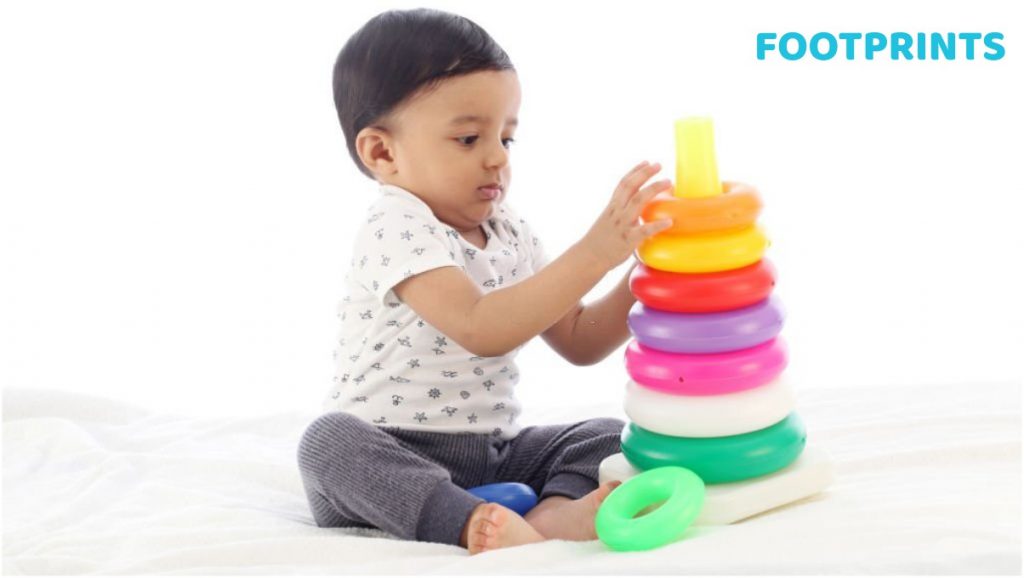
If you are the parent of a young child, odds are that you are keen that the child undergoes holistic development- be it building physical strength, developing cognitive thinking, demonstrating social skills, and more. This is where extra curricular activities come into play.
Essentially, extracurricular activities refer to activities beyond the standard curriculum, even though many preschool activities do give a lot of importance to extracurricular interests to ensure a child’s well-rounded personality.
What Are the Benefits of Participating in Extra-Curricular Activities early?
Enough & more research has shown that the child’s involvement in extra curricular activities helps in their improved academic, behavioral as well as psychological functioning. In fact, the quicker the child takes to these activities, the more receptive they are to learning new techniques & go on to excel in the activity. A word of caution here though- in enrolling your child in a sporting activity, or any other activity for that matter, your motivation shouldn’t be that the child should bring laurels. This will place undue pressure on the child. If the child enjoys the activity, you just need to let the child’s path emerge naturally.
Here are the several benefits that the child can reap by taking to extra curricular activities:
✔️ Improved physical health
In a world that is increasingly becoming sedentary, where screen time is showing an upward movement & where childhood obesity figures are rising, extracurricular activities that involve some physical work, offer a host of advantages including lowering the risk of several diseases. For young children, such activities also help improve their gross & fine motor skills as also their co-ordination skills.

✔️ Social Skills
Social skills developed early, last the child well into adulthood. Extracurricular activities help develop these much-needed social skills including leadership, co-operation, teamwork & more. These life skills come in handy as the child navigates the many experiences that life offers.
✔️ Improved confidence
When a child undertakes an activity that he or she likes or when the child learns a new skill, the one thing that definitely improves is the child’s self-esteem. It gives added confidence to the child to voice his or her opinions.
✔️ Improved mental health
With pursuing an activity of choice, comes an improved mental state. In older children typically it also offers the much-needed respite from stress & anxiety. With extra curricular activities also resulting in reduced screen time, the impact on mental health cannot be overstated.

✔️ Help with academics
Extra curricular activities & the many benefits that they bring, also help the child perform better academically. It has been generally seen that children who take up extra curricular activities get better grades.
When Is My Child Ready to Take on an Extra Curricular Activity?
As a parent, while you do not want to pressurize your child, at the same time you do not want that the child misses out on the early years. How then do you decide that the child is ready to take on an extra curricular activity?
Typically any time between 2 to 3 years is thought to be a good time to have them take up an activity, which will offer them developmental benefits. It is, of course, important to choose an age-appropriate activity, one that the child enjoys. It could be swimming, dancing, singing, art, and the like. If the child has just begun preschool, it will be prudent to first give the child some time to settle into his or her new routine. Some of the signs that will indicate to you that the child is well adjusted include the fact that their separation anxiety has reduced, they are making friends at school, and are overall happy to head to school.

How to choose the best activity for the child?
There clearly is no one-size-fits-all when it comes to choosing an activity. Each child is different and hence so is their interest. Watch out for what the child likes. If you notice an interest in sports, you could head in that direction. On the other hand, if the child loves to dance, you could explore that. That said, it is important to give a child exposure to activities. It is possible that you enroll the child in a certain activity & the child does not like it. That is okay & is no reason to be disheartened. In fact, to make sure that the activity is to the child’s liking, it will be better if the child undertakes some demo classes. Here are some other aspects to be mindful of:
✔️ Remember how Khalil Gibran beautifully said
“Your children are not your children.
They are the sons and daughters of Life’s longing for itself.
They come through you but not from you,
And though they are with you yet they belong not to you.”
It will therefore be unfair for you to try & live your life vicariously through them. What was your dream activity need not be theirs? Allow them to blossom as individuals in their own right.
✔️ Steer clear of peer pressure. It may be tempting to enroll your child in a soccer class because other children in his class have joined soccer. However, the child may really enjoy singing. Seek the child’s opinion. For young kids who may not be able to tell you what they like, follow the lead of their interests.
✔️ Remember that some amount of trial & error is bound to happen & that is fine. During the first few classes, the child may also be shy or even overwhelmed. All you need to do is to be supportive while keeping your eyes & ears open for cues.
✔️ It may sound good to offer the child exposure to 5 different activities. However please know that for young children, unstructured time for themselves is equally important. Do not, therefore, overdo it and unwittingly turn the blissful period of childhood into one of pressure. Start with one activity at a time. This will also ensure that you do not make it too hard for yourself & do not spend the entire day playing chauffeur and running from one class to another.

To sum up
It is important to take time to discover what your child is interested in. You can encourage participation with your love & support. Remember to also take time and genuine interest in the child’s participation. Asking them about what they learned and complimenting them on their newly developed skills is key. That said, forcing participation is likely to backfire, hence steer clear of pressure. When in doubt remind yourself of the many classes you attended as a child & that you didn’t ace each of them…and that is absolutely fine.
Importantly, here’s to fun times with your little one!

Purvesh is a multidimensional leader at Footprints Childcare. As a TED speaker and IIT-Delhi alumnus, his passion for education is fueled by his experiences as a certified life coach and parent. He goes beyond traditional parent engagement activities, creating meaningful connections through insightful parenting workshops and open communication channels. Purvesh’s commitment to empowering parents, teachers, and students is the foundation of everything we do at Footprints. What motivates Purvesh? As a parent himself, the challenges his son faces in the educational system are the driving force for him.


